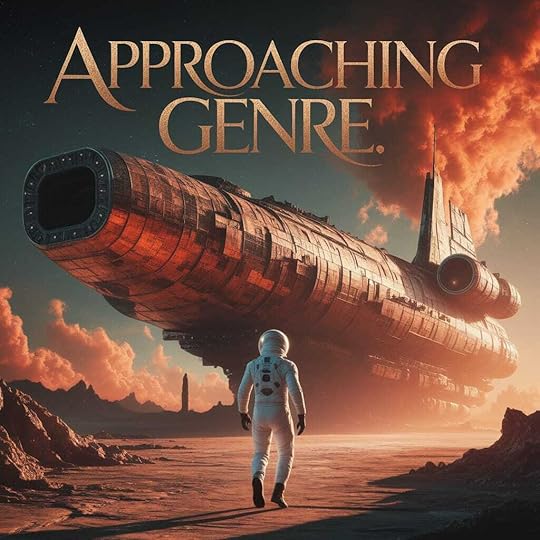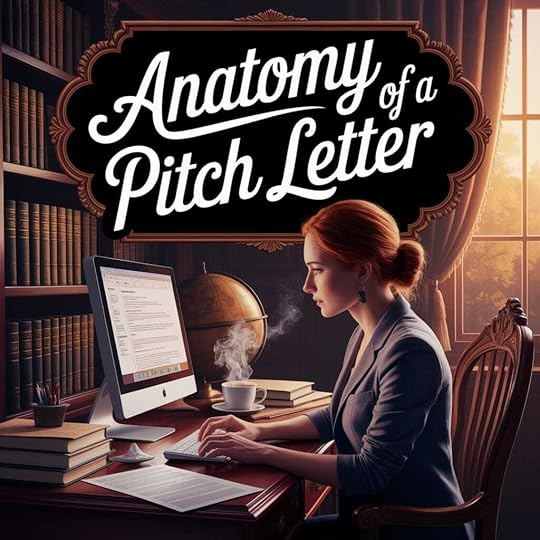Ruth Nestvold's Blog
October 29, 2025
Approaching Genre
By Jay Lake and Ruth Nestvold
First published on IROSF in Sept. 2005

There’s a constant discussion among ourselves as writers and readers of genre fiction, usually along the lines of “what is genre”, or “genre is dead”, or “they don’t write stories like they used to, by gum! You kids have all sold out to the style monkey horde.” We are, and perhaps always have been, a schizophrenic lot when it comes to our self-definition.
One of the more measured approaches to this question is the ...
October 15, 2025
Engendering Utopia: From Amazons to Androgyny
By Ruth Nestvold and Jay Lake
Originally published in May, 2005 on IROSF
Utopias, Dystopias and Anti-Utopias
Fictional concepts of utopia — “no place” — and dystopia — “bad place” — have invariably been used as an imaginative form of social criticism. While the literary utopia might seem to be far removed from reality, it is essentially a challenge to the actual world of the writer, and the meaning arises through the confrontation of the impossible with the known. Despite the derivatio...
October 8, 2025
Genre Tropes and the Transmissibility of Story
By Jay Lake and Ruth Nestvold
Originally published Feb. 2007 on IROSF
Story is not automatically story, especially when dealing with genre and its tropes. Trope is a rather difficult concept to grasp, seeing as it includes so many different elements in literature, so let us start with a definition:
In literature, a trope is a familiar and repeated symbol, meme, theme, motif, style, character or thing that permeates a particular type of literature. They are usually tied heavily to genre...
October 1, 2025
Anatomy of a Pitch Letter
By Jay Lake and Ruth Nestvold
Originally published on IROSF in April 2007

Dear Author,
We are writing to propose an article about pitch letters. It’s informative, interesting, and entertaining. We are confident that you will enjoy this article, and look forward to hearing from you at your convenience.
Very truly yours,
Jay and Ruth
What is a pitch letter?
That is one of the greatest open questions in fiction, insofar as we can tell: How to attract the attention o...
September 23, 2025
Telling Stories of Your Life: The Use of Second Person Narration in SF
By Ruth Nestvold and Jay Lake
Originally published in IROSF in March, 2007
You Learn More About The History of Second Person
The genre of speculative fiction is not necessarily known for its formal experimentation. The thought experiments around which much science fiction and fantasy revolves are complex enough without adding new forms of narrative structure or unusual attempts at revealing story to the mix. Under the circumstances, it is that much more interesting that experiments ...
September 9, 2025
Fast Writing as a Tool
by Jay Lake and Ruth Nestvold
First published in IROSF in November 2008
Fast writing can be an amazingly effective tool for tapping your creativity, by-passing your inner blocks, and creating strong drafts. Assuming the technique fits into your process, it can be a terrific addition to your writer’s toolkit.

Probably the most important aspect of fast writing is how it can sidestep the inner critical voice at a time when that voice may not serve you well. Consider this: most of ...
September 4, 2025
Genre Forms and the Craft of Story
By Ruth Nestvold and Jay Lake
This article first appeared in IROSF in July, 2008

Note: I skipped a couple of weeks uploading these articles because I was escorting my granddaughters around to visit relatives. It wasn’t a vacation, exactly, and I had very little free time. When I did, I wrote rather than uploading blog posts. (g)
Genre gives the writer a narrative framework to shelter in, a structure, a place to start.
Julie Phillips, James Tiptree, Jr.: The Double Life of Al...
August 4, 2025
Tapping the Idea Vein
By Jay Lake and Ruth Nestvold
Originally published in IROSF, April 2008
We’ve written before about where ideas come from and how to work with them, in “Anatomy of an Idea.” This month we thought we’d take on the generation of ideas.
Stories flow through all of us, all the time. We think in narrative structures, we sometimes dream in terms of plot. Myth and religion are based on story, psychoanalysis as well. Stories are the fabric of life. Children come home from school laughing ab...
July 22, 2025
Short Fiction, Novels and Careers
By Jay Lake and Ruth Nestvold
Originally published in IROSF, Fall 2006
One of those questions seemingly subject to endless debate by aspiring writers (and general indifference by established writers) is whether to focus on novels or short stories in building a career.[1], The debate itself assumes that a writing career can be a matter of calculation, which both of us tend to regard as a myth. To answer the question right up front in the most obvious way possible, write what you care ...
July 11, 2025
In Memory of Nancie Fadeley
My mother died when I was sixteen, but for 40 years, I was very lucky to have a fabulous bonus mom in Nancie Fadeley. Nancie would have been 95 years old today, July 11, 2025. Unfortunately, she left us last year in April, while I was on a visit to the States. I’m just glad I was able to see her one last time before she was gone.
 Nancie with me and my kids, a long, long time ago
Nancie with me and my kids, a long, long time agoThere was a memorial for her last year on her birthday, where I was able to say something. Here’s what I shared ...



